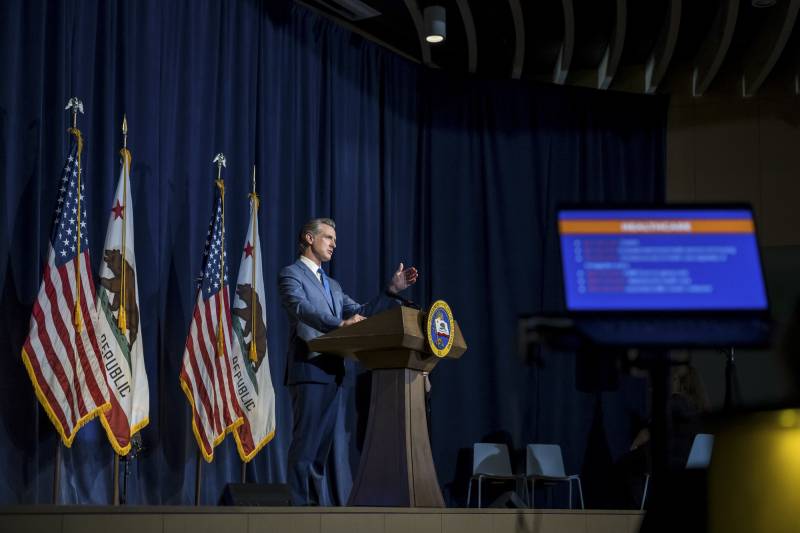It already accounted for a $30 billion deficit after two years of record surpluses driven by economic recovery and federal aid related to the coronavirus pandemic. But those collections were ultimately another $26 billion below estimates — a drop of 25% from the prior year — digging a financial hole based on money the state committed in its spending plan.
This year looks weak as well, according to finance officials. California has been hit particularly hard by inflation, which pinched the housing market; a stock market downturn, affecting capital gains; and a drop in investments in the tech industry, which has pulled back on initial public offerings. Overall tax revenues are projected to be $58 billion below assumptions in the multi-year budget window.
Though the Legislative Analyst’s Office estimates that tax revenues will begin growing again next year, the recovery will likely be slow, opening up long-term funding shortfalls that could affect essential programs in future years.
“There are enough options available to address this immediate problem,” Petek said. “Our high-level suggestion to the Legislature is just to be judicious about reserves because there’s a lot of uncertainty ahead, so preserving some of that resilience would be helpful.”
His office recommended that Newsom declare a fiscal emergency, allowing the state to dip into as much as $24 billion of its rainy-day funds and that legislators pull back on one-time spending allocations that have not yet been distributed, potentially saving $10 billion or more that had previously been set aside for transportation, environmental and education programs.
Petek also suggested that California could cut the deficit by nearly $17 billion over the next three years by recalculating its constitutionally mandated funding obligation to schools and community colleges, Proposition 98, based on the lower revenues. Though this would decrease the state’s base education funding over the long term, Petek said the immediate effects could be offset with reserves.

